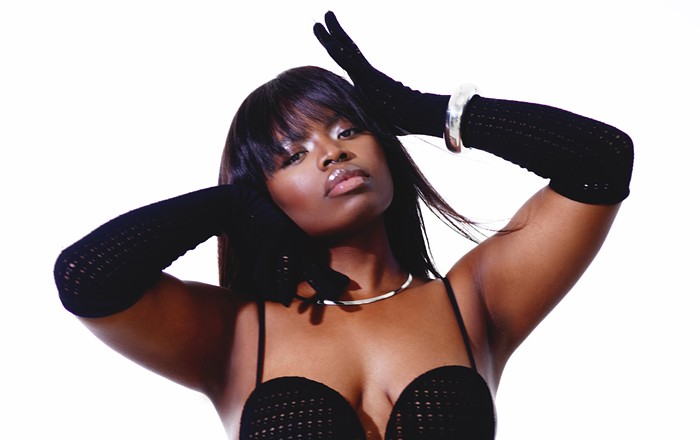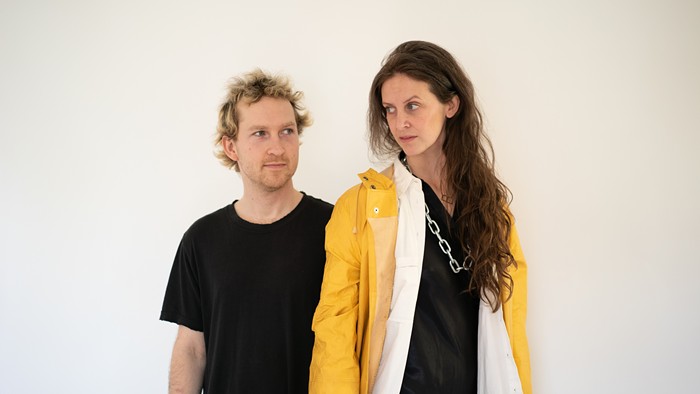The word kuduro has two translations. It means "location" in Kimbundu, the native language of northern Angola where kuduro dance music was born, as well as "firm ass" (or "hard ass") in Portuguese, which became the official language of Angola under colonial rule.
One look at a kuduro dance party explains why the second meaning fits. The energetic mix of pop-and-lock, breakdance, and b-boy styles requires an incredible amount of intensity and strength, as well as bravado and showmanship. Hyped-up crowds circle around, provoking dancers until their moves start to look more like stunts from Jackass than your traditional dance party. Performers swing their limbs like joint-less marionettes, jerk into crazy poses, and hurl themselves through the air, crashing straight onto pavement—or breakable furniture—to the ecstatic cheers of the audience.
"A lot of these people have so many problems. When they go out, they want it to be the best time of their life," explains Andro Carvalho, AKA Conductor of the group responsible for the recent popularity of kuduro around the world, Buraka Som Sistema.
Carvalho points out that the traditional sound—a mixture of African percussion and rhythms derived from calypso, zouk, and other styles associated with regional celebrations—has been around in Angola for some time, and started getting popular in Portugal back in the late '90s because of the Angolan immigrant community.
The group formed when three Portuguese musicians teamed up with Conductor, an Angolan, to explore kuduro. The combination of Lil John's house and techno beats, DJ Riot's grime and dubstep background, MC Kalaf's soulful groove, and Conductor's expertise in kuduro give the sound a fresh and powerful edge. Their breakout hit "Yah!" and follow-up collaboration with M.I.A. on "Sound of Kuduro," brought BSS international recognition and a major label deal for their first full-length album, Black Diamond.
When asked whether BSS's take on kuduro was more about music or politics, Carvalho responds, "We just want to make people dance. But you have Angolan emcees singing about their lives, talking about their problems. These are people you would otherwise never know. That alone is a big social statement."


















